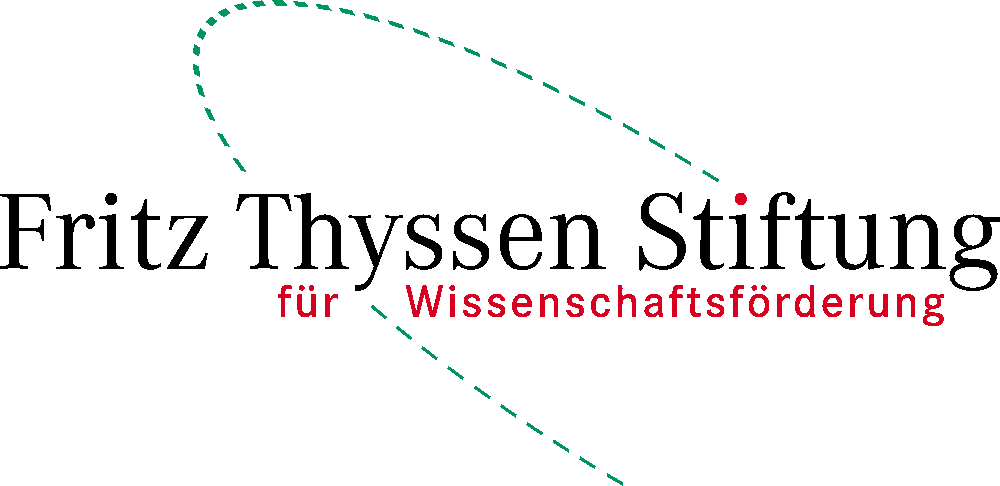John Pickering an Wilhelm von Humboldt, 19.03.1829
Sir,I have lately had the pleasure of receiving, through M.r Niederstetter, a copy of your erudite and interesting Prüfung etc. der Vaskischen Sprache (which I had borrowed of my friend M.r Everett, some years ago) and your new Memoir Ueber den Dualis, which I have read with much interest. I perceive[a] from a Note, at p. 13, that you speak with some hesitation of the existence of a dual number in the Cherokee language. But, though I had not ascertained its existence at the time when I wrote the letter to M.r DuPonceau, which you cite from our edition of Eliot’s Indian Grammar, yet I soon afterwards obtained positive information of it. You will accordingly find a dual in the paradigms of nouns & pronouns in the sheets of our Cherokee Grammar which I sent you in the year 1824; and you will find the dual of the verb in a MS. conjugation of one which I also formerly sent you. It is now as well known to exist in the Cherokee and some other dialects of our aborigines, as it is in the Greek or Oriental languages.
I perceive you have been studying the Languages of the South Sea Islands, upon which you read a Memoir to the Berlin Academy in Jany. 1828, as I learn by the German Journals. I shall be happy if I can give you any aid in your researches. By the assistance of our Missionary Society, whose officers reside in this[b] city, I may possibly facilitate your inquiries.
I beg leave to send you, on the present occasion, four Numbers of the Missionary Herald, in which you will find a particular account of the Cherokee Syllabic Alphabet – & some other information respecting that language & the people, as well as respecting some other Indian Tribes. I will ask leave to[c] direct your attention to the N.o for April 1828, p. 134, where you will find the mode of reasoning which led the native Cherokee to invent his syllabic alphabet. See also the N.o for May, p. 162. In this last mentioned N.o you will also find some account of what our Missionaries have done towards making Dictionaries &.c of the South Sea Languages. In the N.o for October, p. 331, you will find the Pater Noster in Cherokee, which will make an addition to your present collection.
I find since my residence in Boston, that I have[d] really no time to devote to our Indian studies; and the only literary labour which I have done for a long time has been to finish off a Greek & English Lexicon, a mere school book, which I began at Salem, my former residence, many years ago, because I thought it necessary to our advancement in learning and because I found nobody else in our country disposed to perform such a piece of drudgery. I have now[e] just finished the second edition, in which I have made as much use, as a School book would admit, of your Schneider’s & Passow’s Lexicons. We shall for a long time look to German scholars for this sort of learning (as well as most other kinds) and I hope we shall at some future day be able to make them some return. If my Lexicon were not quite [f] unworthy of your notice I would send you one at this time. In addition to this labour, I have written two or three articles for our Reviews[g], merely to oblige my friends. I beg leave to enclose one of them for you, not because I think it of any value to you (being upon the English language) but as a small testimonial of my respect, and because I should be happy to know from you how far you approve of some of the general observations in it. I will not task you to read[h] the whole of it; and I have therefore marked, in pencil, those observations to which I refer, particularly those at pp. 7–8; 14–15 (in which last place you will find an etymology that, I am sure, will amuse you) and p. 16, where I have taken the liberty to call upon you to give us a solution of one of the great problems in philology.
I hope, when I write again to you, I shall be able to send you something more valuable than I can now do. But when I observe the profound researches made by you, & perceive how much I have yet to learn, I fall into despair, & am almost ready to abandon literature forever. But I console myself with the reflection, that I may possibly be able to furnish you with some materials, which can be found only in this country, and that I shall then have the pleasure and advantage of the results which your comprehensive mind will draw from them.
I ought to acknowledge the receipt of your letter of the 12.th of July last, from London for which I thank you. I shall be impatient to see the General Introduction to your great work on American Languages, which I hope you will soon be able to complete.
I have the honour to be,Sir,
with the highest consideration,
your very obedient & humble
servant,
JnoPickering
Boston, March 19th, 1829.
Fußnoten
- a |Editor| Textabschnitt von "from a Note, at p. 13 …" bis zum Absatzende ("… Oriental languages.") am linken Rand mit Bleistift angestrichen.
- b |Editor| Textabschnitt von "city, I may …" bis "… & some other information" am linken Rand mit Bleistift angestrichen.
- c |Editor| Textabschnitt von "direct your attention …" bis zum Absatzende ("… to your present collection") am linken Rand mit Bleistift angestrichen.
- d |Editor| Textabschnitt von "really no time …" bis "… advancement in learning" am linken Rand mit Bleistift angestrichen.
- e |Editor| Textabschnitt von "just finished …" bis "… German scholars from this" am linken Rand mit Bleistift angestrichen.
- f |Editor| Textabschnitt von "unworthy of your notice …" bis "… labour, I have written" am linken Rand mit Bleistift angestrichen.
- g |Editor| Gemeint ist wohl der North American Review.
- h |Editor| Textabschnitt von "the whole of it; …" bis zum Ende des Absatzes ("… problems in philology.") am linken Rand mit Bleistift angestrichen.


